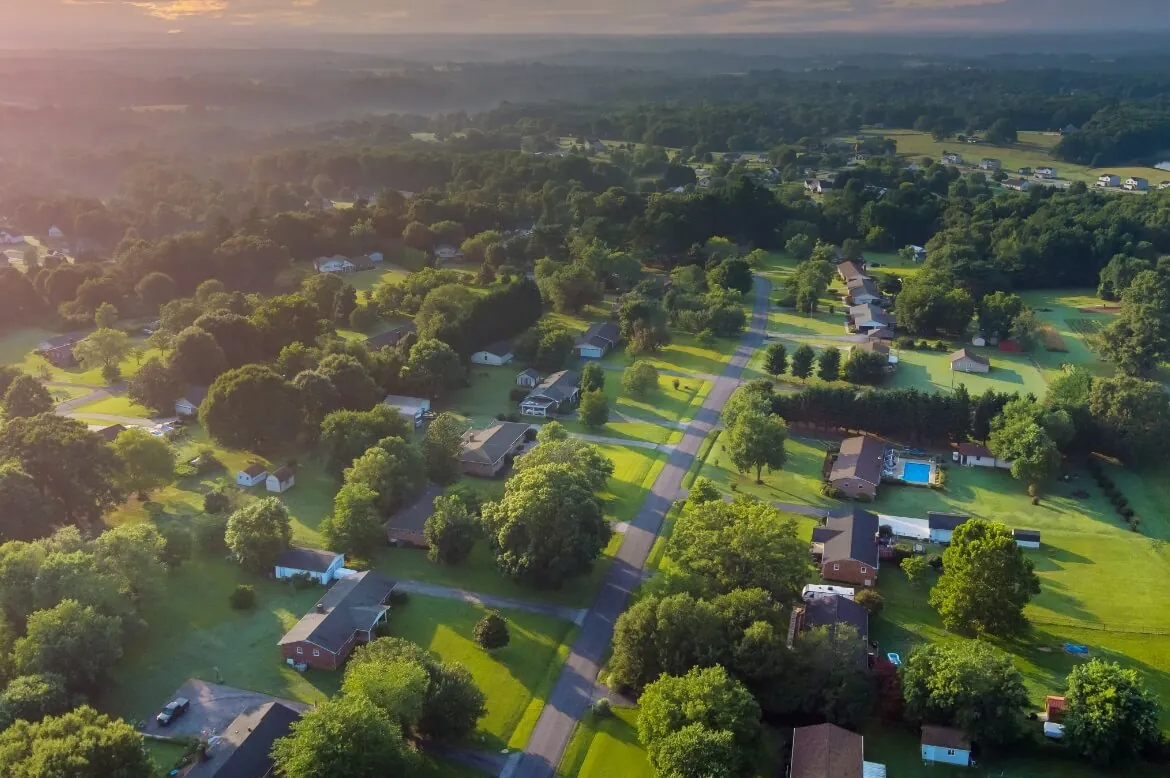Reading Time: 5 minutes
When the government takes private property for a public project, it must pay the landowner compensation. Most people assume this means the government cuts a check for the fair market value of the land—and that’s the end of the story. But in Florida, that’s only the beginning. The Florida Constitution guarantees something more than market value. It guarantees full compensation. And that distinction matters.
What Does “Full Compensation” Really Mean in Florida?
Florida law goes beyond the federal requirement for “just compensation.” Article X, Section 6 of the Florida Constitution mandates that private property may only be taken with “full compensation” paid or secured for the owner. This phrase has real teeth. It means landowners must be made whole—not just reimbursed for the land itself, but also for the ripple effects the taking causes. The courts have repeatedly reinforced this broader standard, most notably in Zingale v. Powell, where the Florida Supreme Court held that full compensation includes attorney’s fees and other costs directly related to the taking.
Compensation for the Property Itself
Of course, the starting point is the value of the property being taken. This is typically calculated using one or more appraisal methods, such as:
- Comparable sales
- Income capitalization (for income-generating property)
- Cost approach (particularly for specialty or improved properties)
The goal is to determine the fair market value on the date of the taking. But this value is only part of what Florida law recognizes as compensable.
Severance Damages: When Only Part of the Property Is Taken
If the government takes only a portion of your land, you may also be entitled to severance damages—compensation for the reduction in value to the remainder of your property. For example, if a strip of land is condemned for a new road and the remainder parcel loses marketability or suffers a drop in utility, that loss is compensable under § 73.071(3)(b). Florida courts evaluate severance damages using a “before and after” approach: What was the value of the entire property before the taking, and what is it worth afterward? The difference becomes part of the compensation package.
Business Damages for Commercial Properties
Florida is one of the few states that allows business owners to recover for losses caused by a partial taking—under very specific conditions. To qualify for business damages under § 73.071(3)(b), the following must apply:
- The property must be used for a lawful business that has operated on the premises for at least five years
- The taking must affect an established commercial use (not vacant or speculative land)
- The loss must result from an actual taking, not merely construction-related interference
Business damages may include reduced income, relocation costs, loss of clientele, or decreased goodwill.
Reimbursement of Legal and Expert Costs
Florida law also ensures that landowners are not financially punished for defending their property rights. Under § 73.091, a successful owner is entitled to:
- Reasonable attorney’s fees
- Fees for appraisers, engineers, and other expert witnesses
- Costs associated with trial preparation and evidence gathering
This reimbursement is based on the difference between the government’s initial offer and the final award. If the owner obtains a significantly higher result, the government pays the legal fees.
Timing, Interest, and Delays
If there’s a delay between the government taking possession and the final payment, the owner may also be entitled to interest. This is particularly important in quick-take scenarios under Chapter 74, where possession often precedes judgment. Florida courts have held that interest on delayed compensation is a necessary component of full compensation. It reflects the time value of money and ensures fairness during the process.
Conclusion
Full compensation in Florida means more than a basic appraisal. It reflects a broader promise: that property owners will be made whole, not just reimbursed. That includes payment for the land, damages to the remainder, losses to a business, and the cost of fighting for what’s fair. If you’re facing a potential taking, don’t assume the government’s number tells the full story. It rarely does.
Disclaimer: This article is for informational purposes only and does not constitute legal advice. Reading this article does not create an attorney-client relationship. Past results do not guarantee future outcomes.
